
The draft document, the Ethiopian Energy Policy, which is due to make it to the Council of Ministers shortly, has for the first time tabled a recommendation to consider nuclear energy as a viable alternative energy source in addition to the traditional alternative energy sources like wind, solar, geothermal and bio-waste. The major source of energy in Ethiopia is hydro-power generation, of which the country possesses an immense potential and is working to realize it.
The Reporter’s sources indicated that the draft policy document does not propose an immediate launching of a nuclear program, adding it is about starting preparations for such a program which includes building the human resource and institutional capacity need to harness the potential. The level of technology and human resources requirement that is demanded by a nuclear program is quite high, sources explain, and the policy document proposes that the country start developing the capacity towards the launch of program at an unspecified time in the future.
Nuclear energy or atomic energy is an energy required to split a nucleus of an atom. Being on the frontier of recent technological outcomes of the world, a nuclear power plant is a very expensive project which requires a huge initial investment. Nevertheless, it is a rather cheap source of non-renewable energy. In spite of being a cheap energy source, nuclear energy is also criticized for the massive risk it poses in terms of safety. Safety has been a primary concern regarding nuclearprograms around the world especially following the nuclear crisis at the Fukushima nuclear plant of Japan.
Thus far, South Africa is the only country in Africa capable of harnessing its nuclear potential and has started generating and using nuclear energy. But, there are quite a few other countries in the continent, among which Egypt is one, which have plans to start using the nuclear potential and launch a nuclear program. In fact Kenya has a nuclear program which was launched in 2010 courtesy of the Kenyan Ministry of Energy’s Energy Act Sessional Paper No. 4. Currently the project is in the process of developing its capacity and is working closely with the South Korean nuclear program, especially in the area of human resource development.
It is to be remembered that uranium, a weakly radioactive metal that is the main ingredient in nuclear energy development, is among the few notable mineral potentials traces of which have been detected in the Borena and Bale zones of the Oromia regional state. The Ethiopia Geological Survey has been working closely with foreign companies in these zones to properly identify the uranium potential.
The document has also recommended private sector involvement in the energy generation in Ethiopia. Although sources did not reveal the detail, the policy document would facilitate the involvement of private sector in the generation of electricity.
BY YOHANNES ANBERBIR
Source: thereporterethiopia.com





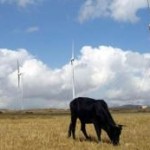
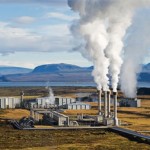

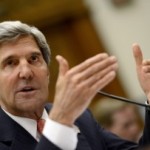



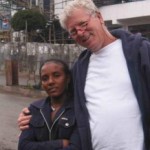

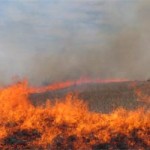
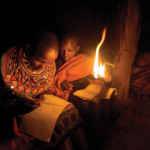






![Police in Addis Ababa arrested Ethiopian woman for wearing fake butt pads [Satire] Police in Addis Ababa arrested Ethiopian woman for wearing fake butt pads [Satire]](https://www.ethiopianopinion.com/wp-content/plugins/top-10/timthumb/timthumb.php?src=http%3A%2F%2Fwww.ethiopianopinion.com%2Fwp-content%2Fuploads%2F2014%2F04%2FUnknown-150x150.jpg&w=&h=&zc=1&q=75)





Join Conversations